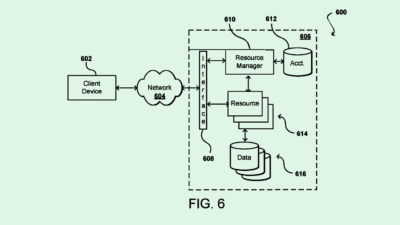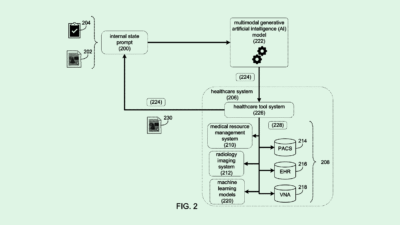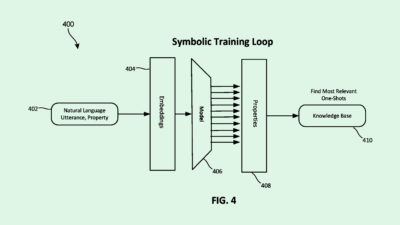Shifting Away from Search, Businesses Need to Keep Up With the AI ‘Answer Economy’
The future of online visibility in the age of AI is already dramatically changing the role of SEO.

Sign up to get cutting-edge insights and deep dives into innovation and technology trends impacting CIOs and IT leaders.
As people ditch search engines as their go-to query tool in favor of AI, businesses may be forced to adapt.
New data from SOCi shows that search impressions are already down 10% year-over-year across thousands of multi-location businesses, and the decline is only accelerating. The shift is poised to disrupt how people interact with brands, pressuring businesses to change their strategies for reaching customers, experts told CIO Upside.
Testifying in a recent Google antitrust trial, Apple’s Senior Vice President Eddie Cue said that Safari searches are down for the first time in 22 years. Apple might end its long-standing partnership with Google to consider AI alternatives instead, Cue suggested.
“The shift from traditional browsers to AI apps like ChatGPT, or Google’s Gemini, is happening faster than most realize,” Matt Aird, CTO and co-owner of Custom Neon told us. Aird said that Custom Neon has seen a 5% to 10% drop in organic traffic, with fluctuations tied to users bypassing browsers for AI apps.
Risking Obscurity
So how can businesses withstand this change? Marketers can survive by adapting to the new “answer economy,” aligning their strategies with AI’s growing role, said Tifenn Dano Kwan, CMO of Amplitude. “Those stuck in outdated content models risk fading into obscurity.”
- Some marketers may focus on brand mentions and topical authority to become the names that AI surfaces most. “They’ll stop obsessing over generic, SEO-driven content that tries to cover every possible search, and instead focus on providing the specific information customers are asking for, tailored personally to them,” said Kwan.
- The role of SEO, meanwhile, will completely change. “This is where Generative Engine Optimisation (GEO) comes in,” said Charlie Marchant, CEO at Exposure Ninja. Instead of fighting for a top ranking, GEO is about being the source that AI tools trust and recommend.
- Banners and links will likely disappear, replaced by native ads embedded in AI responses, said Andrew Dyuzhov, marketing director at Selzy. “We’ll shift from pay-per-click to pay-per-response: Brands will pay to be included in the AI’s contextual answer,” said Dyuzhov. Google recently confirmed it began rolling out ads in AI mode and AI Overviews in the US, signaling that sponsored AI content is already here.
This shift becoming a reality comes down to the Justice Department’s monopoly ruling against Google. However, despite the fact that the company is at risk of having to sell a major facet of its business, parent company Alphabet does not seem fazed.
Alphabet CEO Sundar Pichai said in court that AI will play a “huge” role in search moving forward. Pichai added that Gemini AI will be part of paid agreements with other companies, just like Google Search has been. Remediation actions are expected to be ordered by the court. In his testimony on the case, ChatGPT’s head of product, Nick Turley, said OpenAI would be interested in buying Google’s search business.
The rapid rollout of Gemini is less about innovation and more about survival, Marchant said, with Google attempting to defend its territory as users migrate to AI-first tools. The outcome of the monopoly case could provide the framework that Google needs to maintain dominance.
“The fact that OpenAI would even entertain buying Google shows how fundamentally the ground has shifted,” Marchant said. “A decade ago, that idea would’ve been unthinkable — now it reflects how AI is defining the future of how we access and search for information.”
The challenge? AI ranking algorithms are currently opaque and unstable, and offer little predictability or control, Dyuzhov said. To stay ahead, companies must start adapting now — rethinking content, marketing and customer engagement strategies to remain visible and relevant in a world increasingly shaped by AI.
“We’re entering a future where visibility within AI systems will play a major role in how customers discover products and services,” Dyuzhov said.











